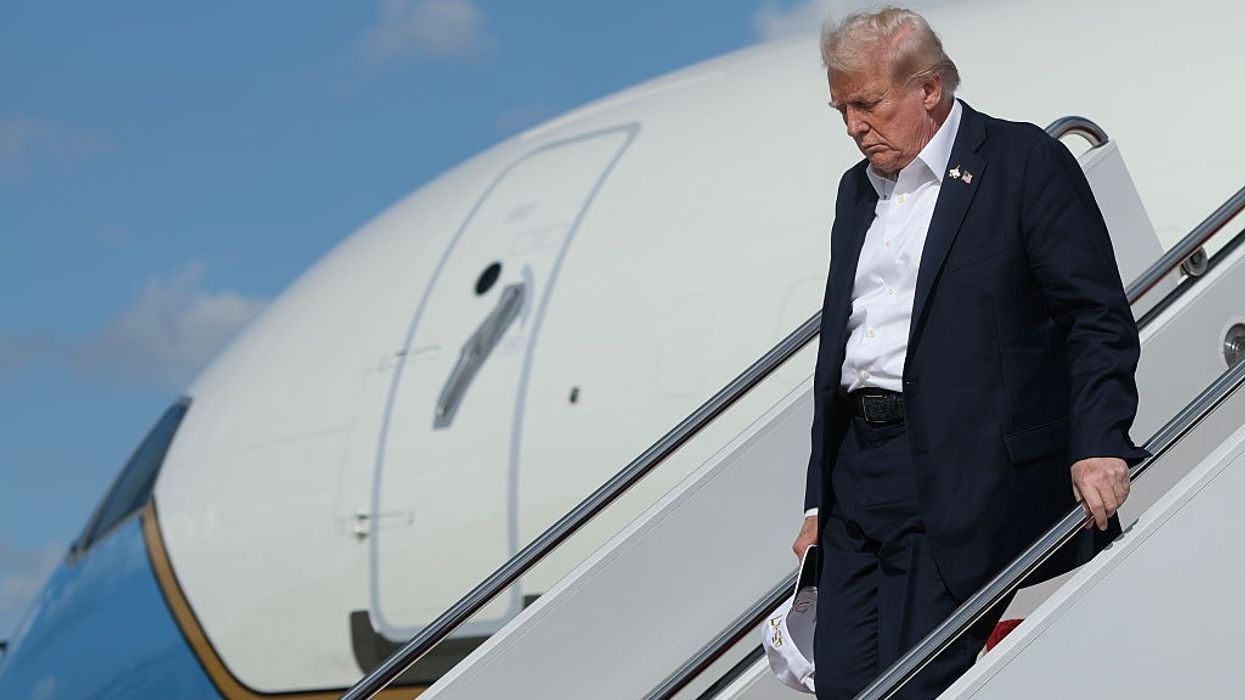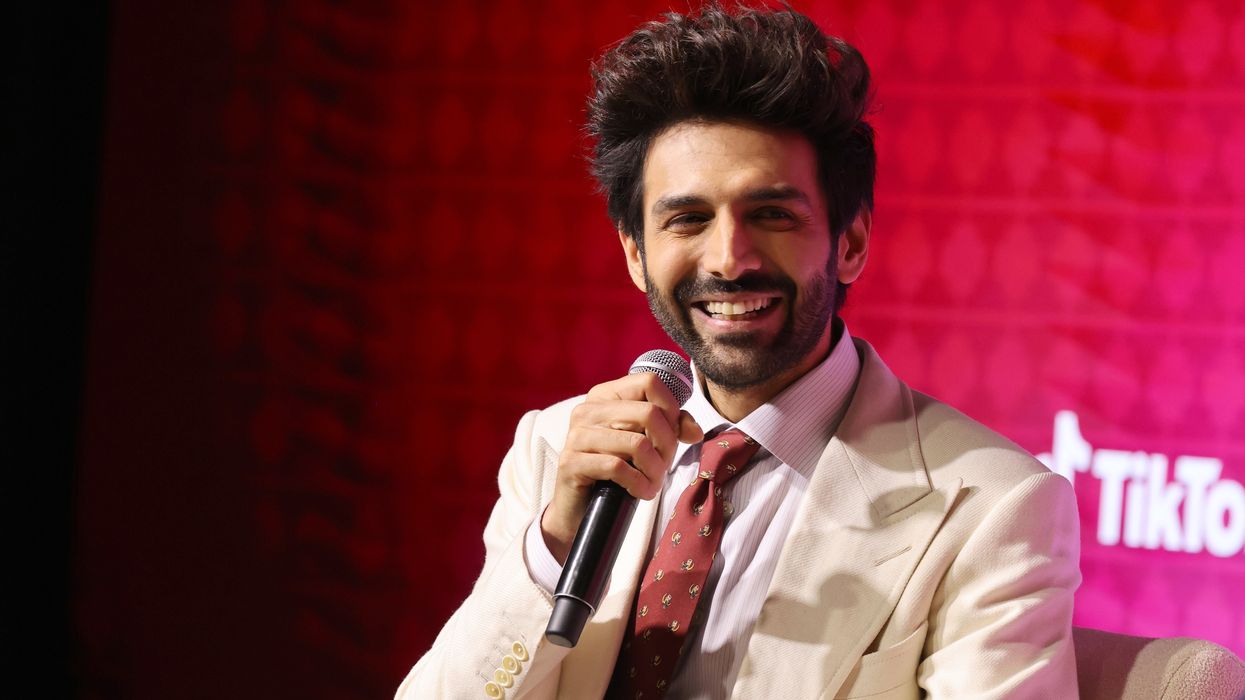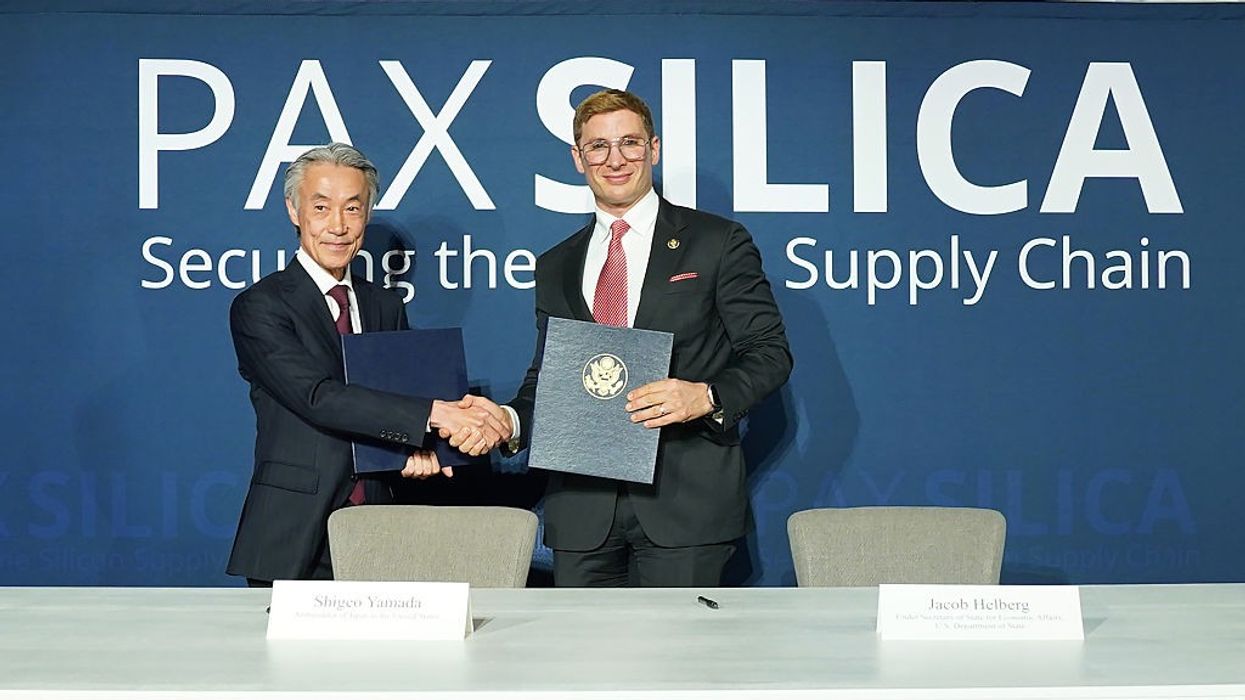On September 29, 2025, President Donald Trump reignited his tough stance on foreign imports by extending his tariff marathon to the world of cinema. Declaring on his platform Truth Social that “Our movie making business has been stolen from the United States of America, by other Countries, just like stealing candy from a baby,” Trump announced a sweeping 100 per cent tariff on all movies produced outside the United States.
This law means that any foreign-made film entering the US market will face double the cost as a tariff, sparking concerns across Bollywood, European cinema, and other international film industries. 5 Famous Films That’d Face the 100% Tariff Today If these cinematic classics were produced abroad today, they would face the full brunt of Trump’s tariff policy:
Slumdog Millionaire (2008)
Shot mostly in India and produced by British filmmakers, this Oscar-winning film celebrated Indian culture but would now face steep tariffs on US distribution, adversely affecting its box office.
Crouching Tiger, Hidden Dragon (2000)
This internationally acclaimed Chinese martial arts film would be hit by the tariff despite its global appeal, limiting its access and profitability in America.
Parasite (2019)
The South Korean film that won the Oscar for Best Picture would be treated as a costly import, potentially driving up ticket prices or restricting its release altogether.
Amélie (2001)
A beloved French romantic comedy, this film would be doubly expensive for US cinemas due to tariffs, impacting indie theaters and art-house film fans.
The Lord of the Rings (2001-2003)
Though produced by New Zealand’s film industry, this epic trilogy’s massive popularity in the US would not spare it from additional tariffs on foreign productions entering American screens.
The Purpose behind the tariff
President Trump’s move to impose a 100 per cent tariff on all foreign-made movies aligns with his broader "America First" economic policy. By drastically increasing the cost of foreign films, the administration aims to compel producers and studios to film and produce domestically, protecting American jobs in Hollywood and related industries.
Trump criticized governors like California’s Gavin Newsom for their handling of the local film business, claiming that tax incentives and foreign productions have hollowed out US jobs and revenue. The tariff is intended to reverse this trend and ensure that more film production dollars stay within the United States, promoting domestic growth and safeguarding the industry from international competition.
However, the implementation details remain unclear, and the policy has sparked criticism for potentially leading to trade conflicts and higher ticket prices for consumers. The global film industry's intricate network of international production and co-productions will make enforcement complex, but the Trump administration appears determined to push forward with its protectionist agenda to "Make America Great Again" in the entertainment sector.
This policy signals a potential reshaping of the global film trade landscape, as foreign films now face significant barriers to US audiences—a market that has been a crucial revenue source for films worldwide.















 Padukone is seen smiling as fans gather around herX/ AkparovaMira
Padukone is seen smiling as fans gather around herX/ AkparovaMira